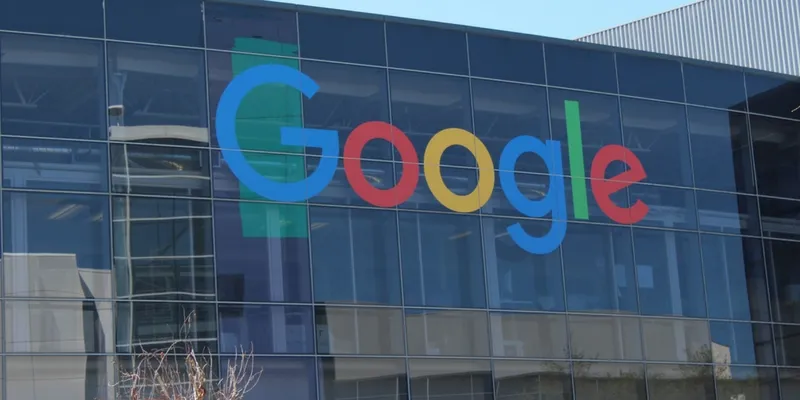Google can now scan your eyes for heart disease
In the era of AI and machine learning, doctors are using patterns, generated by algorithms, to recognise diseases.
In an unprecedented fillip to the era of machine learning, Google's subsidiary Verily is using machine learning algorithms to scan the eye, and detect heart disease. This signals that software and biology are indeed converging.
Veirly’s software can also look at data such as individual’s age, blood pressure, and whether or not they smoke before it can predict outcomes. This can then be used to predict cardiac events very accurately.

The algorithm makes it quicker for doctors to analyse cardiovascular risk and it doesn’t require a blood test. Unfortunately, the product is yet to be tested in a clinical setting. A paper describing the work was published recently in the Nature Biomedical Engineering Journal.
Google and Verily’s scientists analyse a medical dataset of nearly 300,000 patients. Eye scans and medical data are combined with deep learning analysis, neural networks and then scanned for patterns for cardiovascular risk.
Google is betting on established research on building this algorithm. In biology the rear interior wall of the eye is full of blood vessels that reflect the body’s overall health. By studying the appearance algorithms can predict heart disease.
The future of artificial intelligence (AI) is here and it is indeed going to change everyone's life if applied to healthcare, provided it passes clinical trials.
Market hype and growing interest in AI are pushing established software vendors to introduce AI into their product strategy, creating considerable confusion in the process, according to Gartner, Inc. Analysts predict that by 2020, AI technologies will be virtually pervasive in almost every new software product and service.
In January 2016, the term "artificial intelligence" was not in the top 100 search terms on gartner.com. By May 2017, the term ranked at No. 7, indicating the popularity of the topic and interest from Gartner clients in understanding how AI can and should be used as part of their digital business strategy. Gartner predicts that by 2020, AI will be a top five investment priority for more than 30 percent of CIOs.







